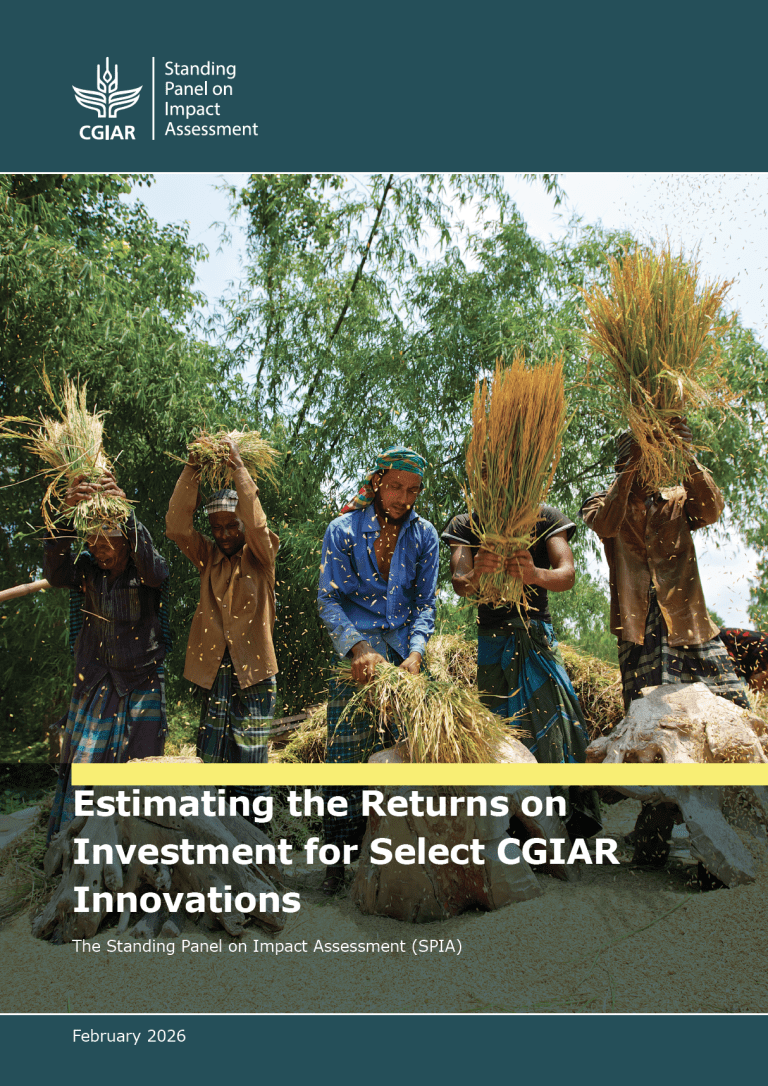Since July Milcah Kirinyet has been part of the SPIA Country Studies team as Research Officer in Data Systems. A meteorologist and applied data scientist, she brings a strong passion for using data to protect ecosystems, build resilience, and promote sustainable futures—grounding her career in both environmental sustainability and transparent data practices.
 Her journey has taken her from serving as an Oppenheimer Impact Scholar at the University of Exeter—where she helped establish an Open Access repository on biodiversity in Kenya’s Northern Mara Conservancies—to advancing innovative approaches for payments for ecosystem services across African landscapes. She has also worked with organizations including Sustain East Africa, Amref Health Africa, and Comitato Collaborazione Medica.
Her journey has taken her from serving as an Oppenheimer Impact Scholar at the University of Exeter—where she helped establish an Open Access repository on biodiversity in Kenya’s Northern Mara Conservancies—to advancing innovative approaches for payments for ecosystem services across African landscapes. She has also worked with organizations including Sustain East Africa, Amref Health Africa, and Comitato Collaborazione Medica.
At SPIA, Milcah leads efforts to strengthen impact assessment through data curation, replication, and transparency in nationally representative household surveys. She brings with her deep expertise in leveraging data science for climate resilience, biodiversity, and nature based solutions—work that includes her master’s research on machine learning applications for mapping soil organic carbon in African rangelands.
We are excited to welcome Milcah to the team and look forward to her contributions to SPIA’s mission for many years to come.
More information about her work: Milcah-Kirinyet · GitHub



